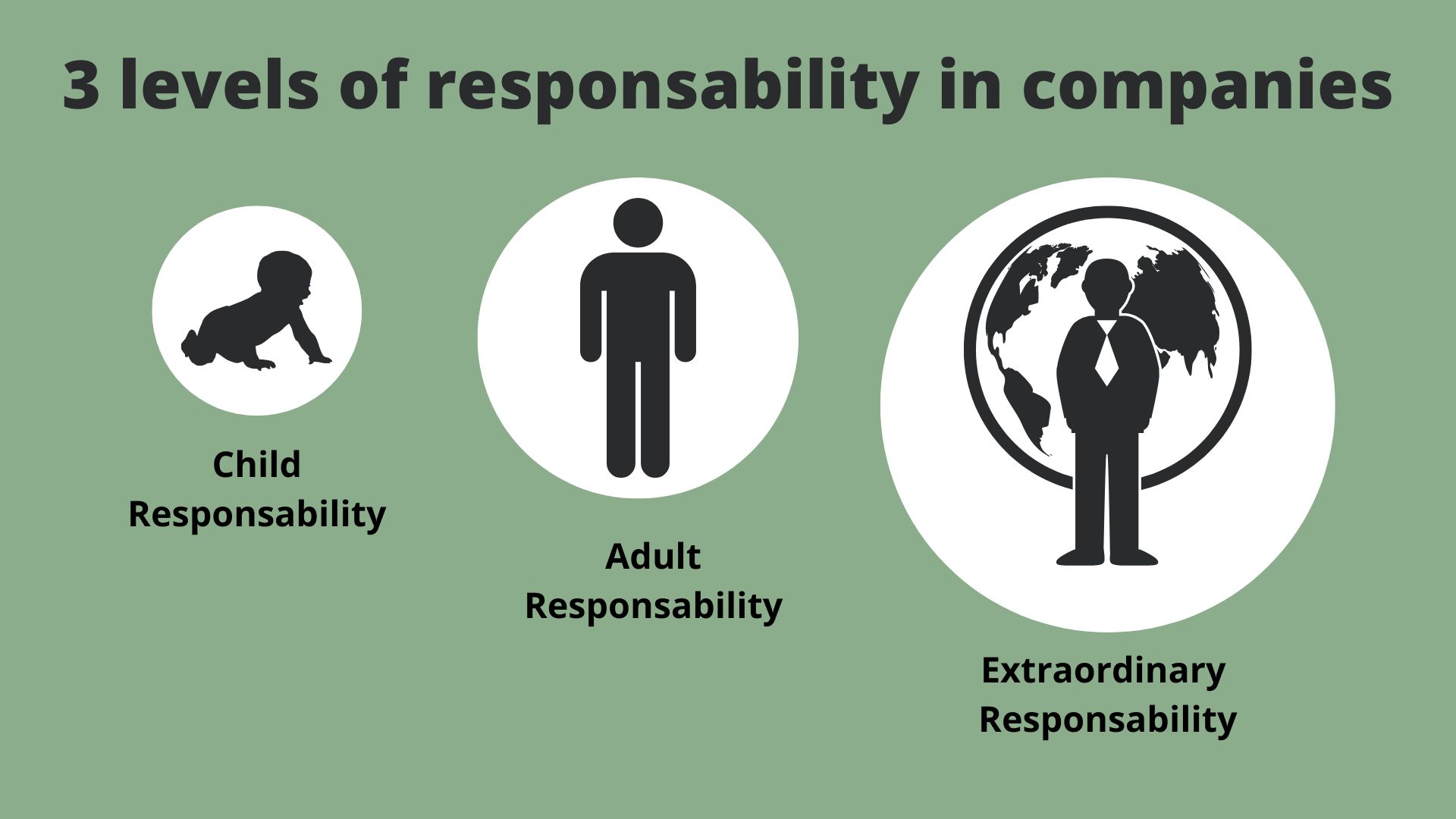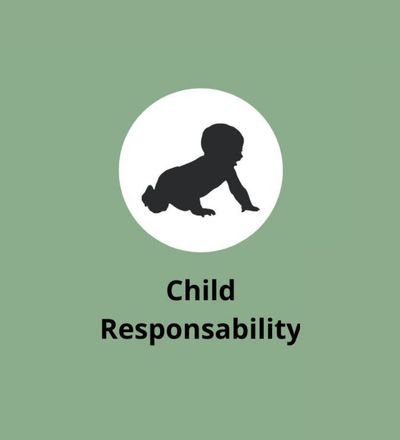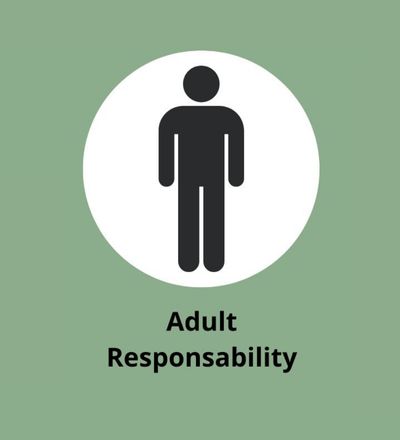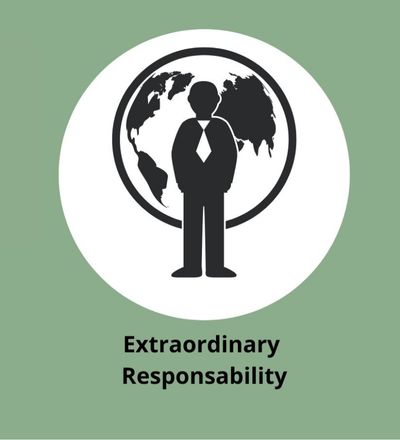Setting a new context
Let‘s talk about responsability. In every moment of our lives we take responsability, conscious or unconscious. Every action and even if you take no action at all, you are responsible for what you do or not do. A lot of people tend to be unaware of this or give away their power. This is very common in work contexts. The boss or management party is usually responsable for the success and advices the employees. But this does’t mean they are acting from a place of responsability.
A lot of times we blame people for our emotional state. The reality is that we actually create our emotional response and our reality.
The truth is that a lot of people feel like victims to circumstances, work, society, life, in their partnership, …etc. Why is that? Because they feel powerless to change their reality.
This is a false and disempowering belief, that most of us learned from society, our parents or school. Senteces like „You gotta go through this. Life is no candy land“, „Life is hard“, …
Or if a child is overwhelmed by school or some other life experience: Instead of searching for an empowered solution together with the child, so it learns how to create a fulfilling life experience, people just say „There is nothing you can do about it. Some things you just gotta accept“. This becomes inprinted as a belief in the subconsious. They didn‘t learn that they are able to change their reality and that they choose in EVERY moment how to act and react. I dont‘t want to blame or shame. I want to show that we can choose a different world we want to live in. Like this we become more happy and fulfilled.
This is a map of the three levels of responsibility and is connected to which level gives you the most power to transform situations. It can be implemented in every interaction with others and even in communicating internally with yourself.

Here is an example (try to find out, just by having seen the graphic, which kind of responsability the actors take):
Julia is an employee, doing her best in her job as a graphic designer. She has finished her recent project and is very proud of how she did it. She presents it to her boss Danielle. Danielle looks at it and says: „Well done. Next time I need it quicker. Our company stands for rapid results and innovation. We don‘t want to loose our clients.“ Julia doesn‘t share how she feels about this comment. She just leaves by saying that next time she will deliver quicker.
Julia feels angry and disappointed afterwards. She goes to her co-worker and starts to gossip about the situation just happend: „Yo know what just happend? I just presented my master piece to Danielle. I felt so proud of it. She only said that she wanted it quicker next time. She is always expecting more of me. I can never be enough. She is so rigid. Next time I‘m not going to give all my best. I will just be quick. I wish we had our old boss back!“
What happened here?
Julia feels sad that Danielle didn‘t approve of her. She didn‘t hear the „well done“ in the beginning and she didn‘t listen to the deeper meaning behind her words eather. She went into low drama and took it personal. The deeper meaning behind Danielle’s words are that she likes the work Julia delivered, but she feels scared to loose clients and ruin the company and her reputation. Her words are driven by her fear, but she didn‘t communicate that eather.
By Julia gossiping with her co- worker she gets a feeling of relief. She gets her anger and sadness a little bit off of her chest and probably gets approval by her co-worker. The approval she wanted from her boss. This creates the illusion of superiority. It is the back door of getting what she wants and does‘t fill this inner lack of appreciation, she desperately seeks. This leads to frustration for all people involved and they carry resentment into their relationship. Their next meeting is probably cold and distanced. This behaviour has a great effect on all people in the company. The work flow is destroyed, which will probably influence the results that the people deliver. It is most likely that it cause a ripple effect for the whole company. They are both acting from Child Responsability.
This is how it could look, when Julia would have acted out of Adult and Extraordinary Responsability. She shares vulnerably what is really going on:
Julia: „Here is my master piece. I‘ve put a lot of effort in it and feel proud about the endresult. What do you think of it?“
(By sharing her feelings in the first place Danielle would have probably have a more open and friendly attitude towards Julia and have chosen more compasionate words than she did earlier. But let‘s pretend she reacts the same way.)
Danielle: „Well done. Next time I need it quicker. Our company stands for rapid results and innovation. We don‘t want to loose our clients.“
Julia in her adult and extraordinary self checks on her feelings and on Danielles feelings. „I see that you are worried about loosing clients. I can understand that. I also want the best result for our customers. At the same time I feel sad because I have the asumption that you don‘t value all the effort I put in this piece. How can we find the best solution of creating good content, which might take more time, AND making our clients happy by delivering quick? Do you have an idea?“
How does it make you feel, if you hear Julia talking from her Adult and Extraordinary Responsability?
Here are the 3 levels of responsibility to choose from:
Where did Julia start and which kind of responsability did she take in the second example?
1. ‚Child Responsibility‘
In this illusion, we try to make others take care of us, and complain, blame, and resent. Part of it can be even wanting to take revenge. We don‘t take responsability for the mess we created. Like a child: When a child creates a mess, the adults clean it up. Like this we create low drama, and and conflict. This leads to suffering and the impression of powerlessness.
People are afraid of dealing with consequences of their actions and taking ownership for them. It is so easy to give responsibility away, because if something goes wrong we can blame someone else. It is a mechanism to that keeps an illusion of feeling worthy and good and that we didn’t make a mistake.
(Julia gossiping with her co-worker and saying that next time she won‘t give her best and just be quick.)


2. ‚Adult Responsibility‘
Adult responsibility is fair. Things are clear, simple, and balanced. We negotiate to make things fair. We keep our agreements and look for the best possible solution for everyone involved. We are honest and reliable. In every situation we realize that we contributed and made a choice of action or non-action. Both are choices, that we are responsable for. We are no victims rather creators of our life. Like this we become aware of our inherent power.
(Julia is taking responsability for her well-being, so she doesn’t go frustrated out of the situation. As soon as she feels there is usomething off, she directly addresses it.)
3. ‚Extraordinary Responsibility‘
Leadership responsability is more responsible than Adult Level Responsibility. In Leadership Responsibility things lose their fairness. For example, we negotiate agreements but we do not expect that the other person will keep their agreements, because they might be wrapped up in their child responsability. We pick up trash even if we did not drop it. We are alway aware of the bigger picture on a personal, interpersonal, corporate and global level. In alignment to these pillars we act and find the best possible win-win scenario. This creates a purposeful life and cuts off the root of low drama. We can navigate difficult situations and become pioneers for a new culture.
(In the second example Julia was acting from her Leadership Responsability even though she was the employee and Danielle her boss. She didn‘t expect Danielle to act out of her adult self. She saw her worries and her fear about loosing the clients. She adressed it but she didn‘t expect her to change. She suggested to find the best possible solution for her, Danielle, the company and the clients.).

It is important to empower the whole team of a company to be aware that they are responsible in each moment and choose their reaction. If we are aware, that we create in each moment, that we are responsible in every choice, a lot of people would make different choices.
Where ever your team is, there you gotta meet them. So if a manager is acting from child level responsability, that‘s where the team can meet. People who want higher levels of responsability will at some point get frustrated and leave.
Imagine a world or a work space where every one would take Extraordinary Responsability. To me this means high level fun, creates a feeling of joy and gratitude for my work environment and life.
And the good thing is that if you act out of Extraordinary Responsability it is contagious.
Excercises:
1) Ask yourself for a moment if you can find situations in your life where each category was represented in your company or private life.
2) Find examples in your life where you acted out of these different roles and remember how it felt? Which role felt the most empowering?.
